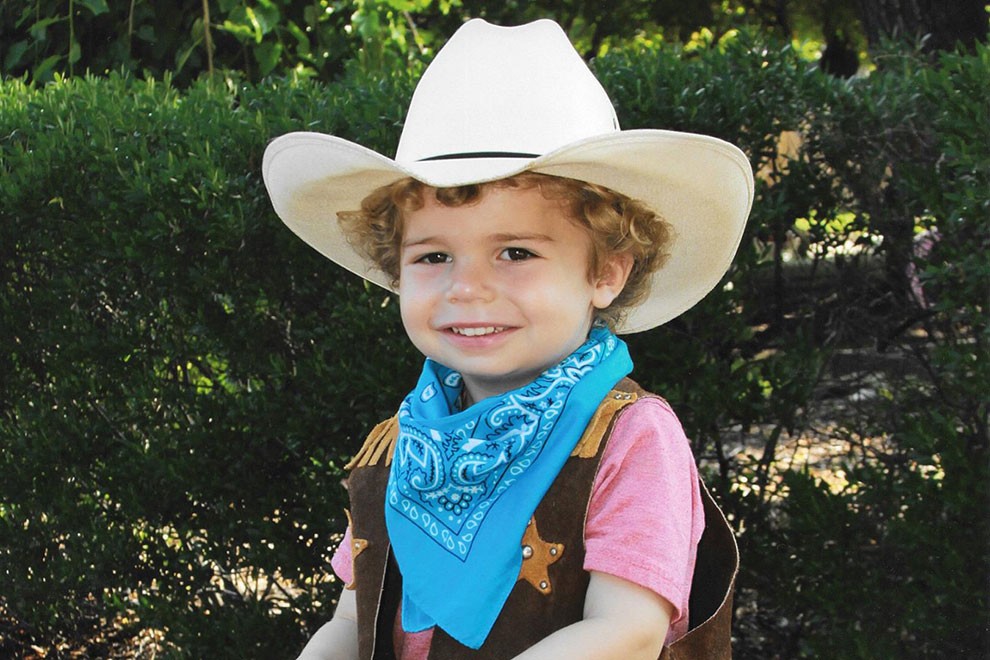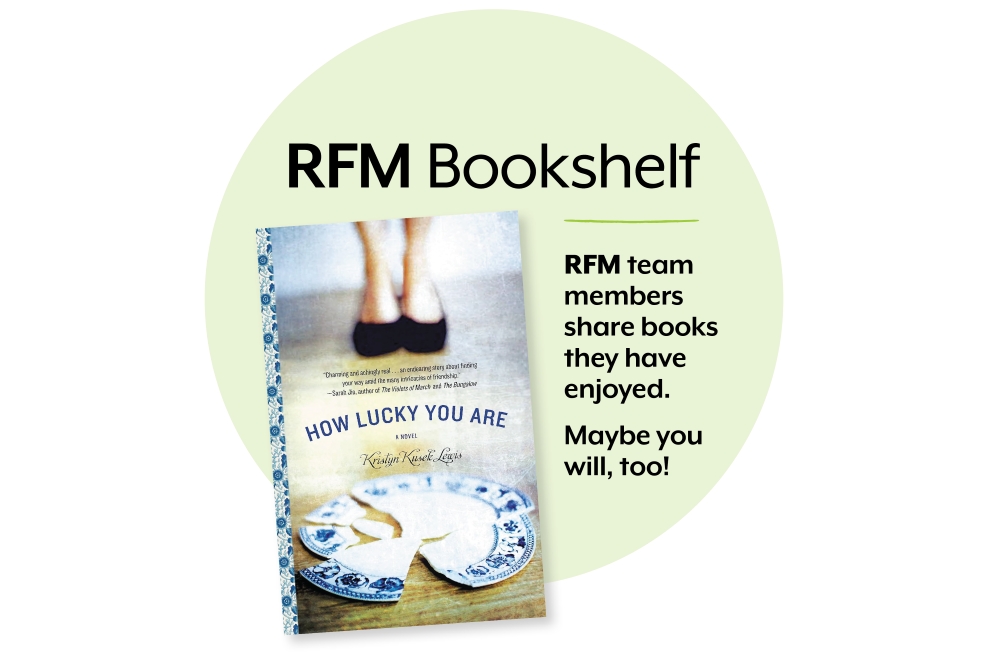I remember being outraged the first time my oldest daughter shouted, “I hate you!” I sent Annabelle to her room and insisted she never say that to me again. Since I rarely raise my voice, Annabelle’s done as she was told. Sure, she slams the door and rolls her eyes every now and then but for the most part she is extremely respectful. My four-year-old, on the other hand, is immune to such tactics. If Lily’s upset, it’s not uncommon to hear a rant about how horrible I am and how I am the meanest Mommy ever. Since I’ve long understood what Braun says about my child needing to feel that her relationship with me is so strong that it will not be damaged by her expressions of anger, her words don’t act as kryptonite for this aspiring super-mom. Still, when she’s in the midst of a tantrum, I can’t help but worry about raising a brat.
“If I spoke to my father the way my child speaks to me…” Betsy Brown Braun writes, “That’s the reaction of so many parents who can’t believe what their children say to them.” Still, Braun argues, “Each generation of parents says the same thing about their offspring.” If only respect was as simple as “thinking of someone else, considering his needs, desires, and position.” The reality is that respect is a complicated concept, which, Braun explains, is difficult for an adult to grasp much less a child. She reminds us that while children come equipped with the basics, like instincts, temperament, and the need to explore, respectfulness is something that is acquired while growing up.
Tips and Scripts for Teaching Respect
·Treat your child with respect. James Baldwin said, “Children have never been very good at listening to their elders, but they have never failed to imitate them.”
·When speaking to your child, be as respectful as you would be with a friend. Braun reminds us that we wouldn’t make flip remarks like ‘What in the world are you wearing?’ or ‘What do you think this is, a pig sty?’ to anyone else so don’t say it to your kids.
·Monitor the media/television programs your child watches. “The Simpsons, Sponge Bob Square Pants, and iCarly, for example, provide models of disrespectful behavior that become acceptable through familiarity,” Braun explains.
·Allow your child to disagree with you. Braun says, “Disagreement is not necessarily a sign of disrespect.” It’s all in the approach.
·You are not your child’s friend. “Your child may not like you, but he will respect you because you made the hard call and you followed through,” Braun insists.
There’s so much about this chapter in You’re Not the Boss of Me that rings true for me: not taking away your child’s possessions as a form of punishment (“How would you like it if your husband too away your favorite necklace because you were late for dinner?”), refusing to perpetuate the belief that there is a “magic word,” as manners are not magic but necessary, and that young children don’t belong in restaurants because, as Braun explains, child-friendly establishments, where it is acceptable for kids to be noisy and run around, sabotage the child’s learning of respectable table manners. But I was most thrilled to see Braun highlight the mistake that makes me cringe. “Apologize only if you have made a mistake.” When parents apologize for a consequence, it gives the child the impression that they’ve done something wrong. By all means, if you were disrespectful to your children, tell them you’re sorry for yelling at them, for not modeling the behaviors you are expecting of them, but avoid confusing “spineless parenting with respecting your child.”
So the next time you get a phone call, don’t allow for interruptions or apologize while attempting to have a conversation. As long as you are limiting your lengthy calls to when you’re childfree, you have no reason to be sorry because when you allow your child to break into your phone calls, you’re being disrespectful to your caller. Just as the urgency of the emergency that always arises as soon as the phone rings diminishes with every use so does an apology. However, through careful, deliberate actions, respect can grow over time and you can brat-proof your child.




